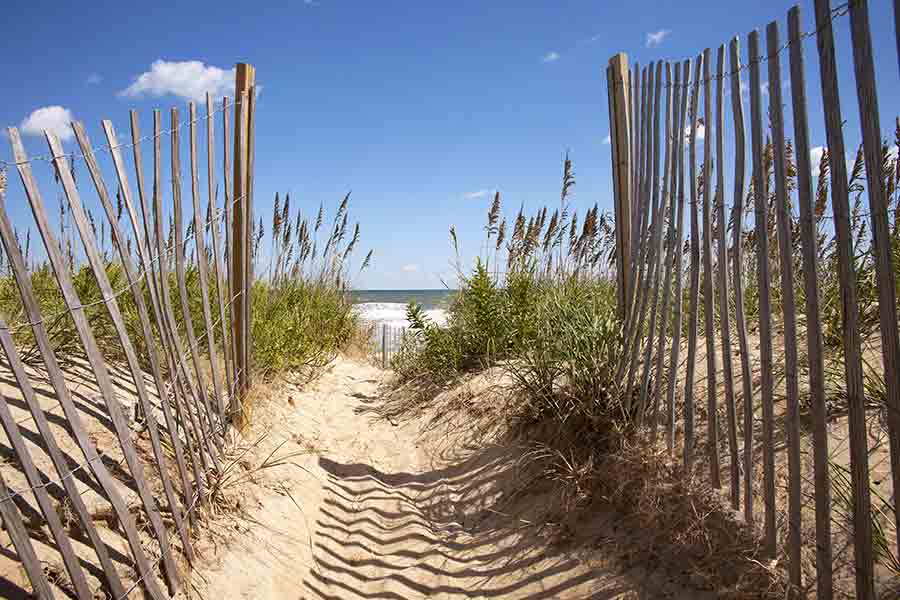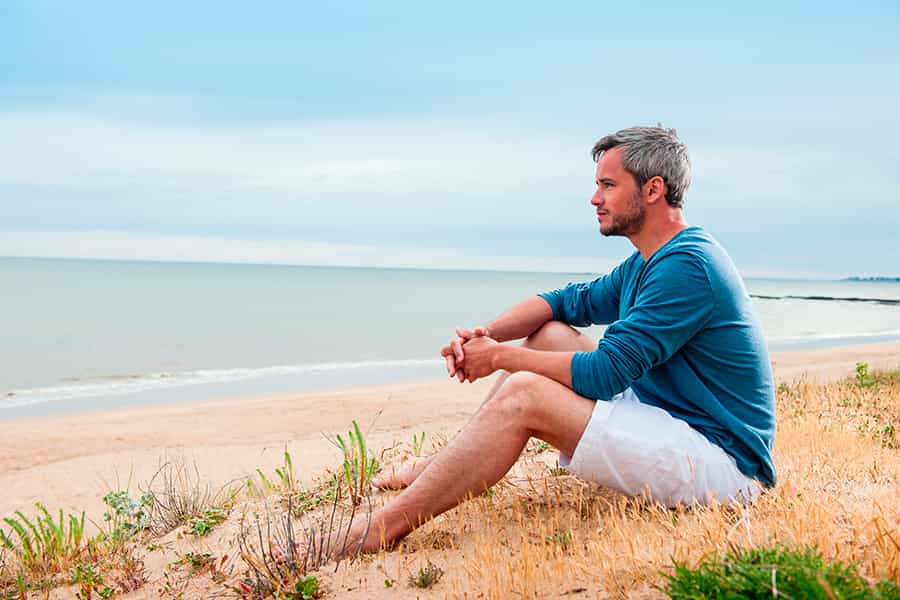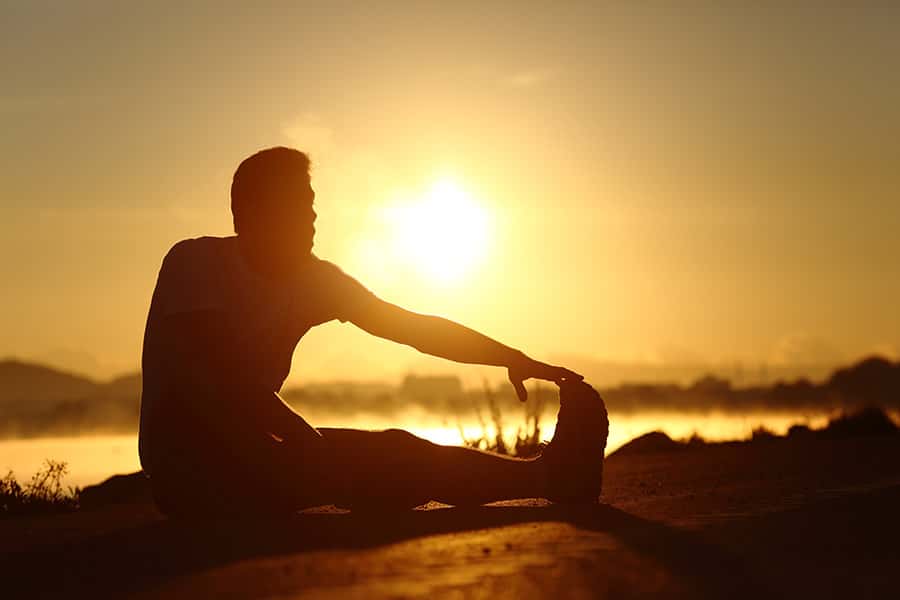Addiction treatment options include in-patient and out-patient programs; in both patients are encouraged to get physically fit and engage in more outdoorsy activities. Many people find working out in outdoor naturalistic environments peaceful and calming and a way to find release from the stress of life and the challenges to come.
For over a century, people have noticed that being outdoors confers an advantage improving the course of health during recovery (from addiction as well as other ailments). Not a lot of research has been done to determine all of the reasons why, so in the future we may hear about more reasons why being in nature is good for our health. Below are some of the known reasons (backed by science) you should include outdoor activities during alcohol and drug addiction recovery.
1. Synthesis of Vitamin D
It was recognized a long time ago that the health of patients with tuberculosis improved when they spent time outside in the sun. It was later discovered by scientists that the sun helps us synthesize an important nutrient in our diet, vitamin D.
Getting all of your vitamins is necessary for maintaining your body’s health. Vitamin D has been investigated for its contributions in treating a number of health conditions (infectious diseases, cancer, psychological conditions, etc.), and has been found to play a vital role in recovery. Everyone who spends time outdoors who wants to take advantage of this benefit should include at least 20 minutes without sunscreen to ensure synthesis of vitamin D.
2. Improved Concentration
Research has shown that being outdoors (or even looking at pictures of being outdoors) is restorative. The attention we pay to our regular lives is cognitively exhausting, and exposing ourselves to nature is thought to inspire wonder and help reduce cognitive fatigue. There is one disclaimer, though; pictures of monasteries, museums, and other man-made structures can also be “restorative.”
Some researchers think that the feeling of being able to escape drives the restorative effects of being outdoors or looking at images. Closing your eyes and listening to the sounds of nature or smelling wood chips from trees might be other ways you can feel like you are removed from life’s current challenges and are away in the outdoors. When you get back, you might find a greater ability to concentrate on your responsibilities.
3. Being Outdoors May Ease Depression
Some studies have found an association between spending time outdoors and reduced depression. Being outdoors may help depression through the action of vitamin D production; people who were moderately depressed and took vitamin D supplements saw improvements in their mood.
4. You Get More Exercise Outdoors
People who primarily spend their time indoors usually spend most of their time doing sedentary tasks: sitting at desks, standing at work stations, or watching TV. Being indoors does not promote individuals fulfilling their energetic potential and using their body’s stored energy.
Taking the time to do activities outdoors leads to people engaging in more physically challenging activities and expending more of our body’s energy (and burning fat). Finding enjoyable activities that expend high amounts of energy (e.g., swimming, river rafting, horseback riding) and making them a regular part of the week is a great way to get fit and stay fit.
5. Outdoor Air Is Often Cleaner Than Indoor Air
You might not suspect this but atmospheric toxins, like benzene and xylene, are more concentrated in indoor air than in outdoor air. These toxins are thought to be linked to health problems, such as cardiovascular disease, asthma, and allergies, so getting outdoors and away from these toxins conveys another health benefit.
6. You Get More Oxygen Outdoors
Trees are the world’s major producers of oxygen, so if you are running, biking, or walking through the woods, in places full of them, you should be breathing in high-quality air with high concentrations of oxygen. The elevated oxygen levels of the great outdoors supplies your lungs and body with this vital resource that is necessary for healing damaged tissues and improving organ function.
7. You Get Better Sleep in Nature
Your circadian clock rhythms were designed by evolution for life in the outdoors, where you are exposed to bright light during the day and pitch-black darkness at night. Getting tired and falling deep into sleep is mediated by the biochemical melatonin, which decreases in bright light to induce wakefulness and increases in the dark to facilitate sleep. When we spend most of our time indoors, we are often exposed to artificially low levels of light throughout the day and night, confusing our molecular clock as to what time it is and when to turn up melatonin expression. People who spend more time in nature or reside in rural areas, where the nights are darker, benefit from restful, restorative sleep.
8. Outdoor Light Improves Vision
In studies examining eyesight in children, researchers found that looking at 2D objects, like your TV or computer screen, and artificial light are bad for your vision. Artificial light promotes the development of nearsightedness. Being outdoors in natural light appears to facilitate the development of healthy eyesight and might prove to be better for our eyes as we get older.
Incorporating Outdoors Activities Into Addiction Recovery
Many in-patient addiction treatment facilities across the United States incorporate physical fitness activities (indoors and outdoors) daily into their program scheduling. Two Dreams also promotes patients getting engaged in physical exercise activities outdoors.
At the in-patient facility, located on the Outer Banks of North Carolina, Two Dreams takes clients on kayaking trips, beach ventures, and horseback rides (among others); we adjust the outdoor activities to suit patients’ preferences. Overcoming addiction and getting acclimated to a life without drugs is a challenging task. These activities allow individuals temporary relief from the pressure and stress induced during treatment.
http://appalachiantrials.com/scientifically-supported-reasons-get-outside/
http://pubs.acs.org/doi/abs/10.1021/es505316f



